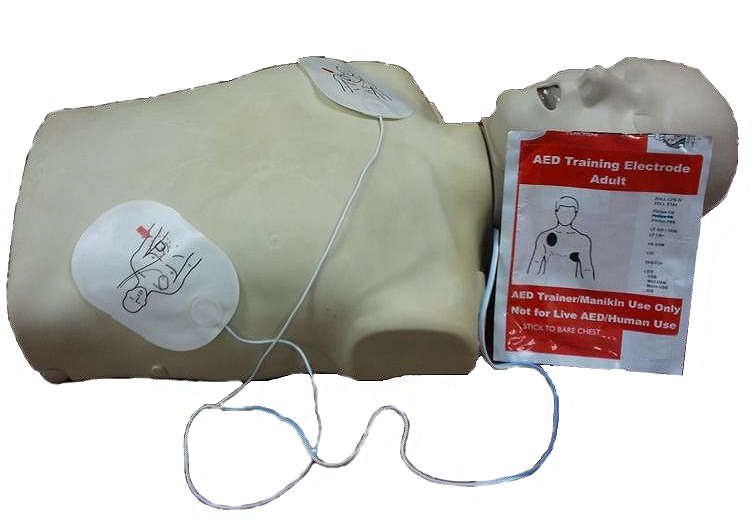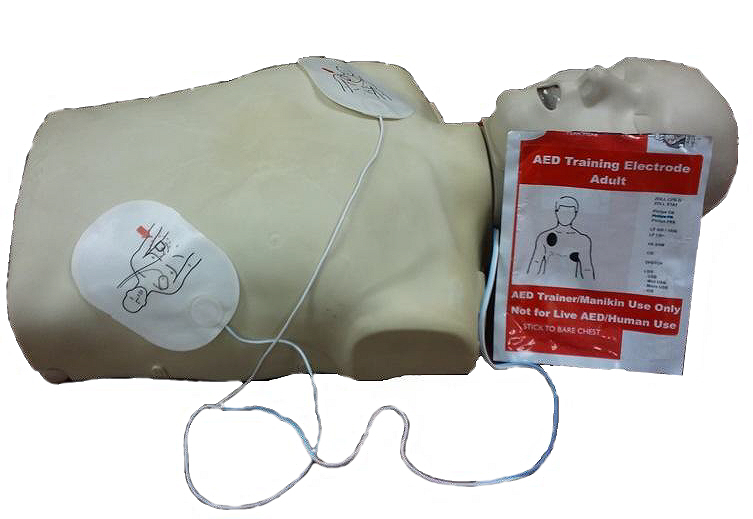Do mechanical devices improve compression consistency and resuscitation outcomes?

Do mechanical devices improve compression consistency and resuscitation outcomes?

Learning CPR can come in handy in life threatening situations where a little medical aid administered at the right time can save a life. But did you know that approximately 460,000 individuals die every year from out-of-hospital cardiac arrest (Source: OHCA)? Studies have consistently shown only an average of 5–15% of patients treated with standard CPR survive cardiac arrest, and providing optimal blood flow to a patient in cardiac arrest by performing quality, uninterrupted CPR is uniformly thought to have a positive impact on improving overall survival.
The quality of CPR has been an underappreciated factor and is only now beginning to emerge as an important aspect of successful resuscitation. Manual chest compressions are often done incorrectly, especially in the back of a moving ambulance, and incorrect chest compression can negatively impact survival.
The Problem with Manual CPR
The quality of CPR is an important factor that contributes to survival in sudden cardiac arrest. In one experimental study, pigs received 4 minutes of VF and then 9 minutes of CPR before defibrillation. In the group that received suboptimal compressions (1.5 inches depth and 80 per minute), two out of nine pigs survived; in the group that received optimal compressions (2 inches depth and 100 per minute), eight of nine pigs survived.
The study of adult patients from the Resuscitation Outcomes Consortium Cardiac Arrest Epistry with confirmed ventricular fibrillation (VF) or ventricular tachycardia (VT) has shown that increasing chest compression fraction (hands-on time) during out-of-hospital resuscitation of patients with VF/VT is an independent determinant of survival to hospital discharge. However, three human observational studies showed that interruptions of chest compressions were common, averaging 24% to 57% of the total arrest time.
Interrupting CPR can result in precious seconds lost in trying to “reprime” the pump and results in pooling of blood in the right ventricle.
With manual CPR, many factors come into play, including fatigue, physical abilities, focus on several simultaneous tasks, poor-quality CPR during transportation on a stretcher and in the back of a transport vehicle, interruptions during movement of patient and variations in technique and training.
Just maintaining the proper rate is a major challenge. Fortunately, mechanical CPRs have now been introduced which can help maintaining consistency and increase chances of survival by removing these problems. If you haven’t had CPR training yet, make sure you sign up for one today!






